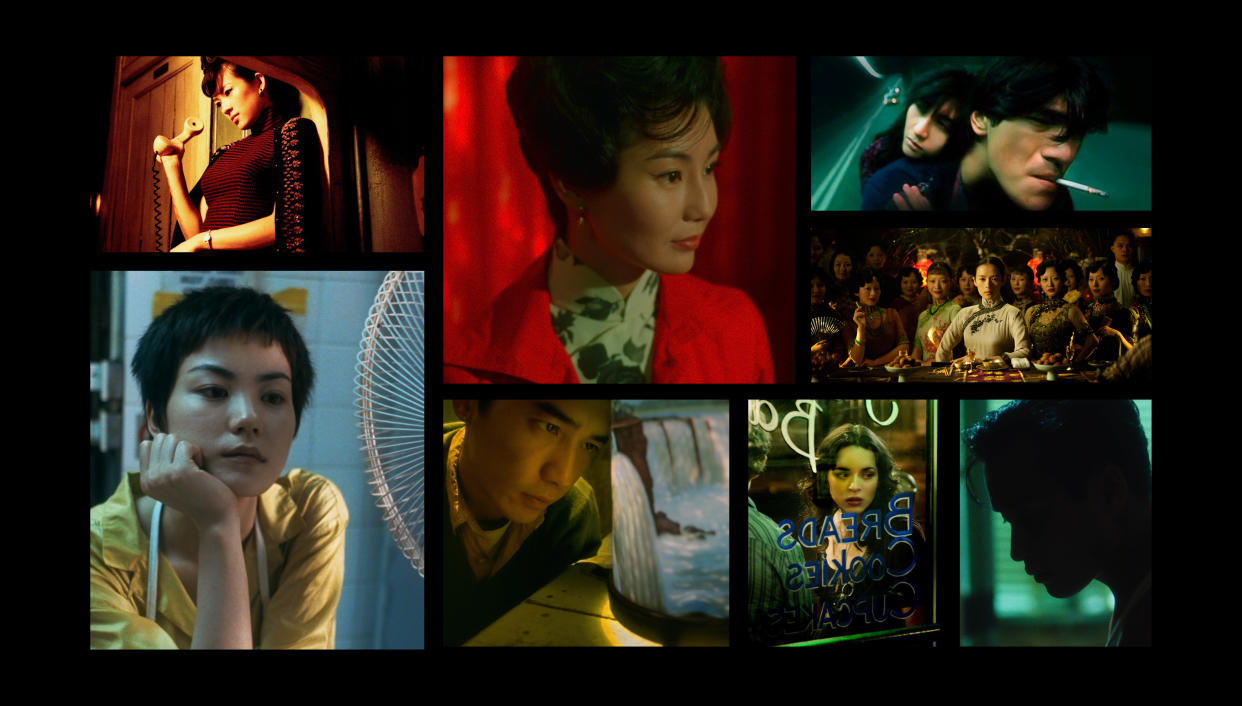The Movies of Wong Kar Wai, Ranked from Worst to Best

Nothing lasts forever in the world of Wong Kar-wai. Not countries, not relationships, not cans of pineapples. “Like Hong Kong,” filmmaker Olivier Assayas observed in a speech honoring Wong at the 2017 Lumiere Film Festival:
Wong’s cinema is built upon the ephemeral: the ephemeral nature of exile coupled with the ephemeral identity and existence of a city set on the edge of a precipice, living in a constant state of uncertainty at the mercy of mainland China, which could swallow it any moment and wipe out everything it has built, from one day to the next. This is a fleeting world of which Wong has preserved fragments, conscious of cinema’s mysterious ability to freeze time and bear witness to that which other arts cannot capture.
More from IndieWire
In the context of such a slippery body of work, it’s a strange feeling to actually hold the Criterion Collection’s astonishing new “World of Wong Kar Wai” box set in your hands. It’s as if the ornate package — which folds eight of the “Chungking Express” director’s films into a delicate jigsaw puzzle that reflects the shifting and elusive nature of Wong’s storytelling — might dissolve into a memory at a moment’s notice. Even the films themselves aren’t quite how you remember them, as some of the Wong-supervised 4K restorations tweaked their source material and challenges fans to confront the rigid nostalgia that traps so many of his characters (stay tuned for more coverage about this later in the week).
Revisiting the likes of “In the Mood for Love,” “Days of Being Wild,” and “Happy Together,” viewers are liable to discover that their own feelings about these films have proven to be as fluid and unpredictable as the films themselves. Some may find that personal revisionism is at odds with a body of work that fixates on the past as the one thing that never changes.
The beautiful people in Wong’s films twist and sway through the world like kites on a string, all of them so tethered to long-expired memories (which knot around food, kitsch, music, kung fu, and sometimes even the dreams of an imagined future) that they can only float through the present as tourists. They’re as much in exile from their heartbreak as Wong became from his birthplace of Shanghai when his family relocated to Hong Kong on the cusp of the Cultural Revolution, leaving two older siblings behind. On the other hand, watching so many of Wong’s movies in the context they lend to each other might also crystallize the same elusive wisdom that his characters struggled to internalize: Everything has an expiration date, even your most deeply held feelings.
Ranking works of art will always be a clumsy arrangement, but surrendering to the temptation can seem uniquely productive when it comes to the world of Wong Kar Wai (at least for the person ranking them, anyway). At the end of the director’s note included in the Criterion set, Wong writes: “No man ever steps in the same river twice, for it’s not the same river and he’s not the same man. These are not the same films, and we are not the same audience.” In that spirit, you might find it eye-opening to look at these films anew and see if your own reflection has changed. Hypothetically speaking, if someone lives to regret arguing that neither “Chungking Express” nor “In the Mood for Love” is Wong’s greatest work? Well, to quote a line from the director’s most recent film: “How boring life would be without regrets.”
Here are all of Wong Kar Wai’s films, ranked from worst to best.
Best of IndieWire
New Movies: Release Calendar for April 2, Plus Where to Watch the Latest Films
Christopher Nolan's Best Shots: 35 Images That Define the Director's Career
Sign up for Indiewire's Newsletter. For the latest news, follow us on Facebook, Twitter, and Instagram.

